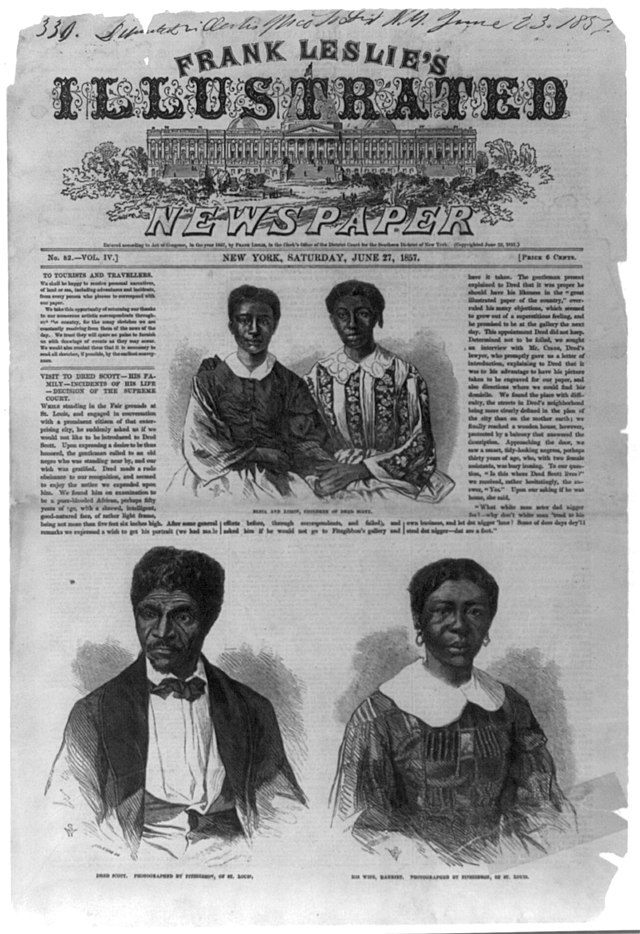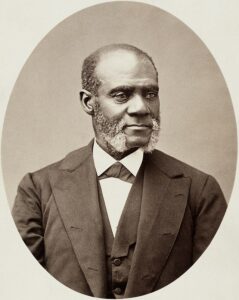Maryland native and U.S. Supreme Court Chief Justice Roger Brooke Taney (1777-1864) delivers the 7-2 majority opinion in Dred Scott vs Sandford . The opinion asserts that Blacks of African descent in the U.S. are not considered citizens and are therefore not entitled to government protection, and that Congress does not have the right to prohibit slavery in U.S. territories.
That Supreme Court decision is generally regarded as the worst in American history and undoubtedly is one of the major factors leading to the Civil War.
Taney is born to a family of enslavers in Calvert County. After being admitted to the Bar in 1799, he moves to Frederick and becomes a successful lawyer and politician, relocating to Baltimore in 1823. He serves in several positions in the Jackson Administration and becomes Chief Justice of the U.S. Supreme Court in 1835. As the longest serving Chief Justice, more than 28 years, Taney is a respected jurist until the highly controversial Dred Scott decision. Ironically, he thinks slavery is evil and manumits all of his inherited enslaved people. Of the two justices who dissented in the decision, Benjamin Curtis of Massachusetts, resigned from the Court partly in protest.

The Methodist Episcopal Church is the first established church in the U.S.
The Methodist Episcopal Church, the first established church in the US, is formed at the Lovely Lane Meeting House in Baltimore in 1819.





